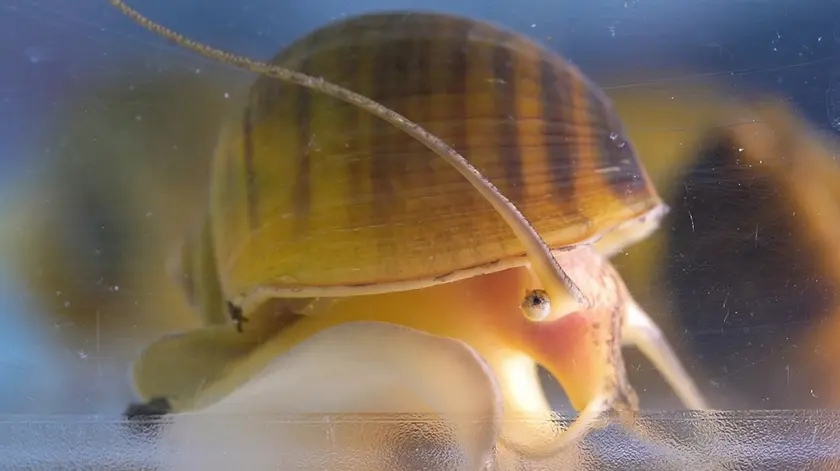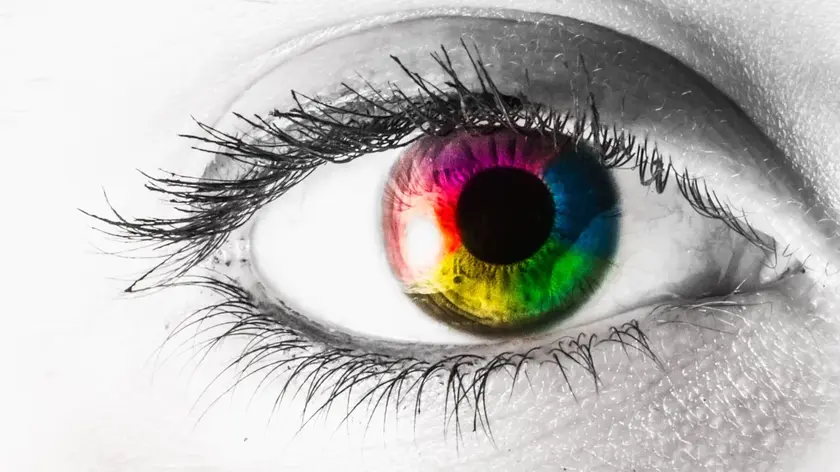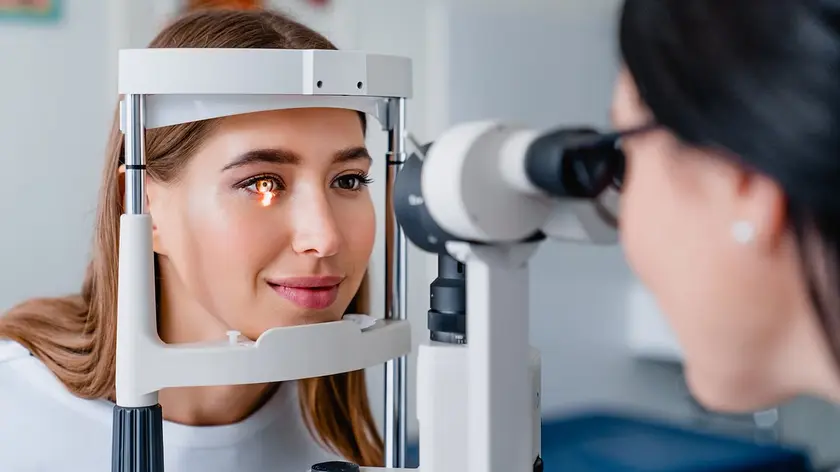T4K3.news
Research reveals snail eyes may cure blindness
A study shows gold apple snails have eye structures similar to humans, inspiring new treatments.

The golden apple snail's regenerative abilities may lead to breakthroughs in treating vision loss.
Snail eyes offer hope for curing human blindness
Most animals, including humans, lack the ability to repair severely damaged eyes. However, the golden apple snail has the unique capability to regenerate an entire eye. This finding raises intriguing possibilities for developing treatments for vision loss, according to a recent study published in Nature Communications. Researchers from the University of California, Davis discovered that the anatomy of snail eyes shares significant similarities with human eyes, including structures like lenses and retinas, as well as genetic components crucial for eye development.
Key Takeaways
"The snail’s eyes share many anatomical features with ours."
This highlights the potential for scientific discovery in treatments for human sight loss.
"This research could revolutionize how we think about ocular health."
An expert underscores the significance of the findings for future medical applications.
The connection between the golden apple snail and human vision opens a new frontier in regenerative medicine. This research highlights not only the snail's biological intricacies but also the potential for improving treatments for sight loss in humans. Such advancements could shift the paradigm in how medical science approaches ocular health, potentially enabling more effective methods for repairing damaged eyes. The implications are vast, promising a future where blindness may not be an irreversible condition.
Highlights
- Could snail eyes reshape our understanding of vision loss?
- Researchers uncover the secret to regenerating human sight.
- A snail's eye may unlock doors to curing blindness.
- Nature has lessons for us in eye regeneration.
Potential implications raise ethical concerns
The use of findings from non-human species to inform human health treatments may invite ethical debates regarding experimentation and animal rights.
Future research could bridge marine biology and human health.
Enjoyed this? Let your friends know!
Related News

Ozempic-like medications connected to risk of sudden blindness

Body quirks draw online attention

Early signs of multiple sclerosis identified in new research

Dairy intolerance may lead to night terrors

Snail study hints at eye regeneration in humans

Rising MASLD affects millions in the UK

Eye risk linked to weight loss jabs prompts checks

Expert tips reveal the truth about supermarket shopping
